Why Does Your Dog Lick Pus? Is It Even Safe? (Finally Answered)

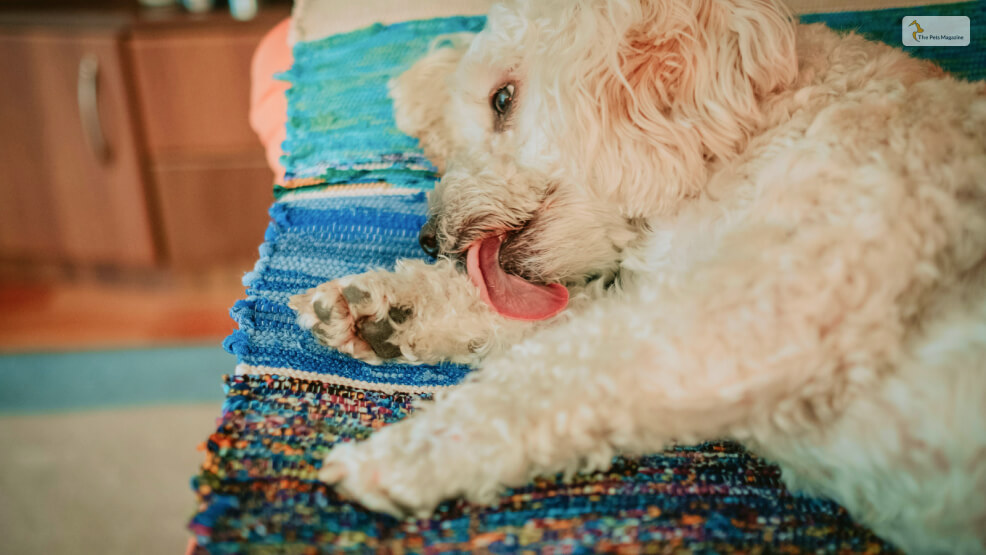
If you have a dog or even if you are just a dog lover, then you would know that dogs and wounds go hand in hand, and you can’t avoid that. But you just cannot live it alone and do nothing about it; if you see your dog have a wound, then it is quite normal that you would do something.
Have you seen that your dog always licks their paws or body parts with a wound? Why do they do that, and does it help in any way to heal the wound? If you wanna know exactly why your dog lick pus, then you are at the right place to know more about it; keep on reading this article.
Why Do Dog Lick Pus?
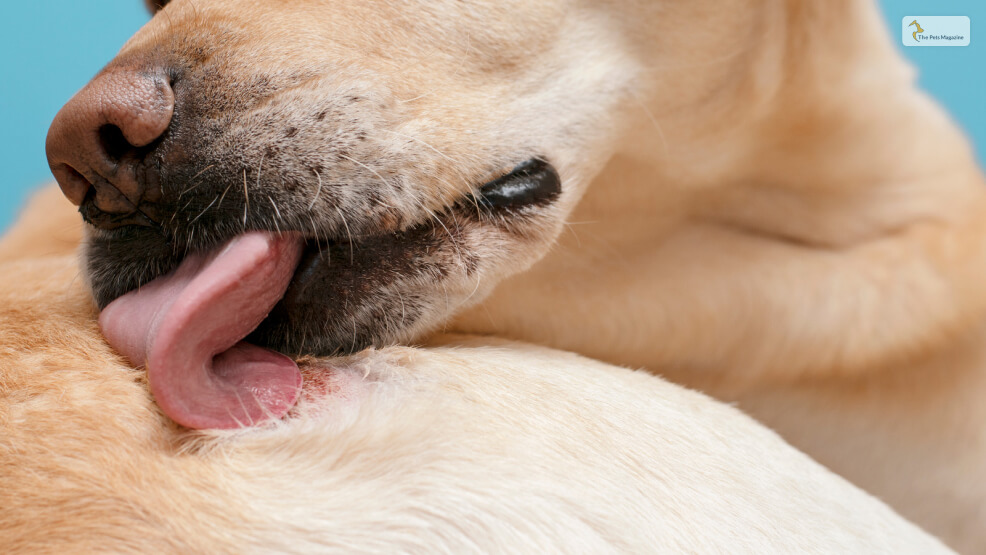
Well, there can be a lot of reasons why a dog licks pus out of wounds from different parts of its body.
But the main reason is to relieve it of any discomfort and pain from a wound. The licking can provide temporary pain relief by stimulating the release of endorphins, which are natural painkillers.
Constantly licking their wounds is also a way of self-soothing, especially if they are bored. If their action is not corrected on time, some dogs may develop a habit of licking their wounds excessively, indicating OCD.
Dog lick pus is also an instinctual behavior. In the wild, dogs lick their wounds to clean them and prevent infection. Many studies show that dog saliva has anti-bacterial properties in small amounts that help kill bacteria.
Streptococcus Canis and Escherichia Coli are the two types of bacteria present in dog saliva. Last, dogs also lick pus to clean debris from the wound.
How To Stop Dogs From Licking Their Pus?
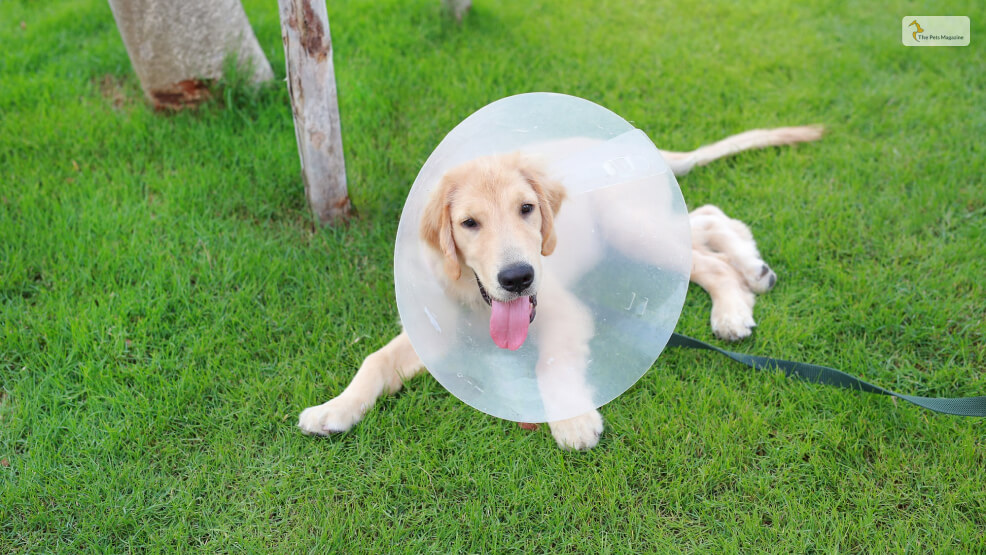
We all know that dogs licking their pus is not a good thing; it can harm them and their health. But to keep their health intact, there are many ways you can help your dog from licking their pus.
1. Elizabethan Collar (Soft Collar)
Also known as the “cone of shame.” The Elizabethan collar, or the e-collar, is like a pretty standard plastic cone or collar that prevents dogs from licking their own pus or wounds.
Wearing that collar, your dog is prevented from licking their own pus or wounds, as they cannot reach the wound.
There are beautiful cones that are very comfortable for the dog as well. However, it is essential that you find an appropriate size for your dog, or else the cone will not fit the dog’s collar.
2. Inflatable Pet Collar
If you see that your dog is not as comfortable with an Elizabethan collar, the collar you might try is inflatable.
They are very comfortable, and it is easier for the dog to become less stressed. The harder cones are a problem for the cone since it makes it problematic for them to walk.
3. Dog Clothing
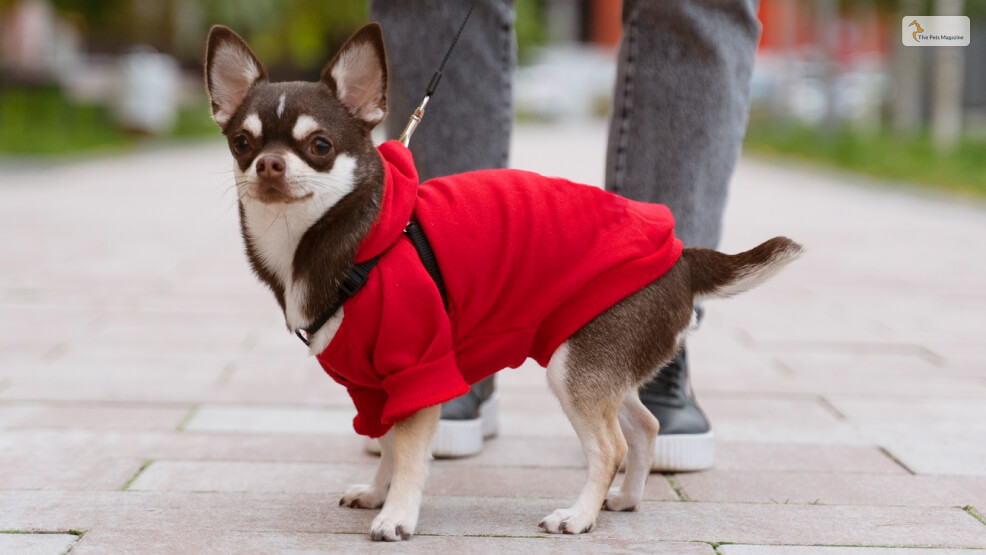
If your dog has a wound on its stomach or chest, then buying dog clothes is a great way to hide those wounds from your dog’s licking them till they are ripe.
4. Recovery Suits
The recovery suits are perfect specialized pieces of clothing used to cover infections and wounds. These suits are specially designed so that the dog’s wounds are covered fully to cover the scars.
5. Wound Dressing
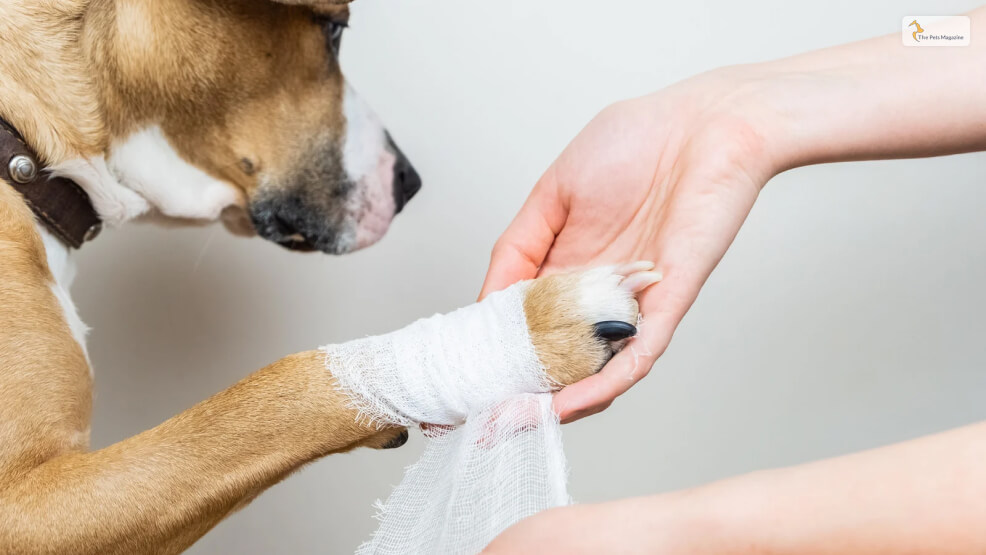
Your dog might suffer various types of wounds. Wound dressing, as the veterinarian prescribes, is essential to keep your dog safe.
Wound dressing is important to keep your dog from licking the open wound. Also, you shouldn’t dress your dog without consulting your vet.
How Can You Tell If Your Dog’s Wound Is A Result Of Licking?
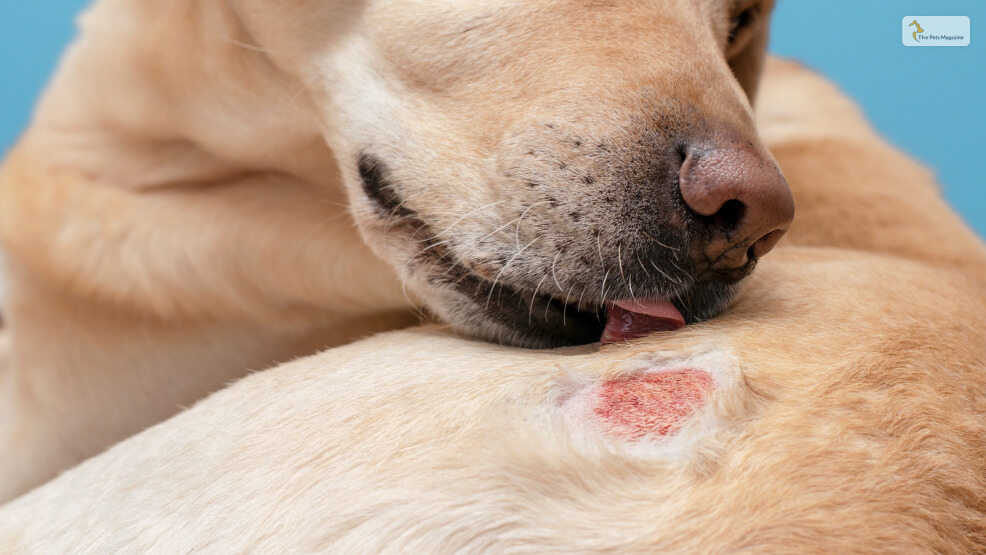
Sure, signs and symbols of dog infections will affect your dog if your dog lick pus. These signs, as per veterinarians, are as follows:
- Red streaks all around the wound, which can indicate a more severe infection
- Thick pus and or colored discharge oozing from the wound
- Reopening of the wound
- Your dog has a fever
- Significant swelling around the wound site.
- The wound emits a bad smell.
- The wound feels warm to the touch.
- Your dog shows signs of discomfort or pain when the area is touched.
What Can I Do To Make A Dog Wound Heal Faster?
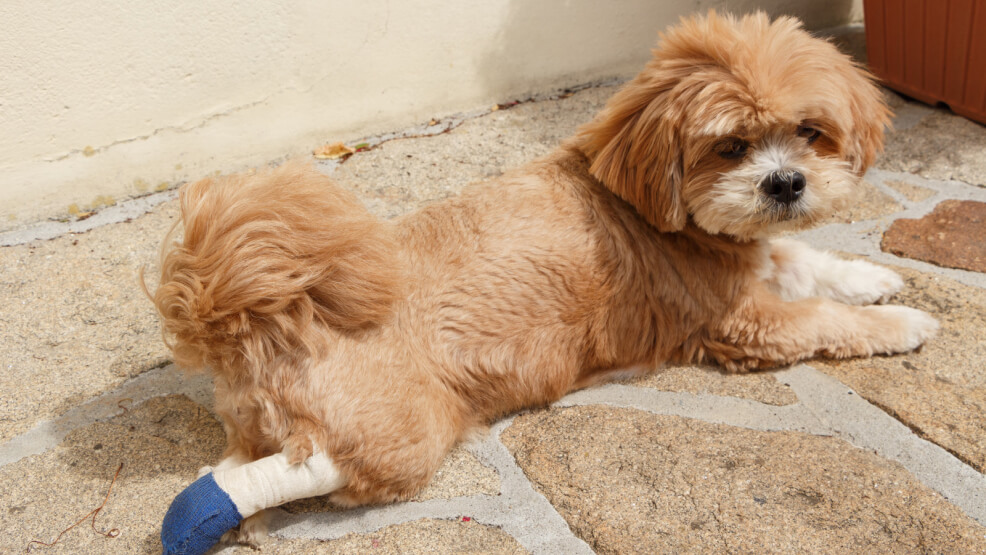
If you suspect your dog’s wound is infected, prompt action is essential to ensure proper healing. Here are the steps you should follow:
Step 1: First Aid Kit for Dogs
When you have a dog of your own, the one thing you should always have at home is a first aid kit for dogs. It will help you to heal your dog’s wounds at home as soon as you notice any and avoid any infections. So, to prepare your doggy first aid kit, these are the things that you should keep in the box.
- Bandages
- Set Of Disinfectants
- Antibacterial Platers
- Healing Ointments
- A Tourniquet To Stop The Blood
Step 2: Clean the Wound
Clean the wound with a saline solution or mild antiseptic recommended by your vet. Avoid using hydrogen peroxide or alcohol, as these can be too harsh.
Step 3: Apply Medication
Follow your vet’s instructions for applying any prescribed ointments or medications to the wound.
Step 4: Monitor the Wound
Keep an eye on the wound for any changes. If you notice increased redness, swelling, or discharge, or if your dog seems to be in more pain, contact your vet immediately.
Step 5: Follow-Up Visits
Attend follow-up appointments with your vet to ensure the wound is healing correctly and the infection is controlled.
The Most Common Wound Care Mistakes To Avoid
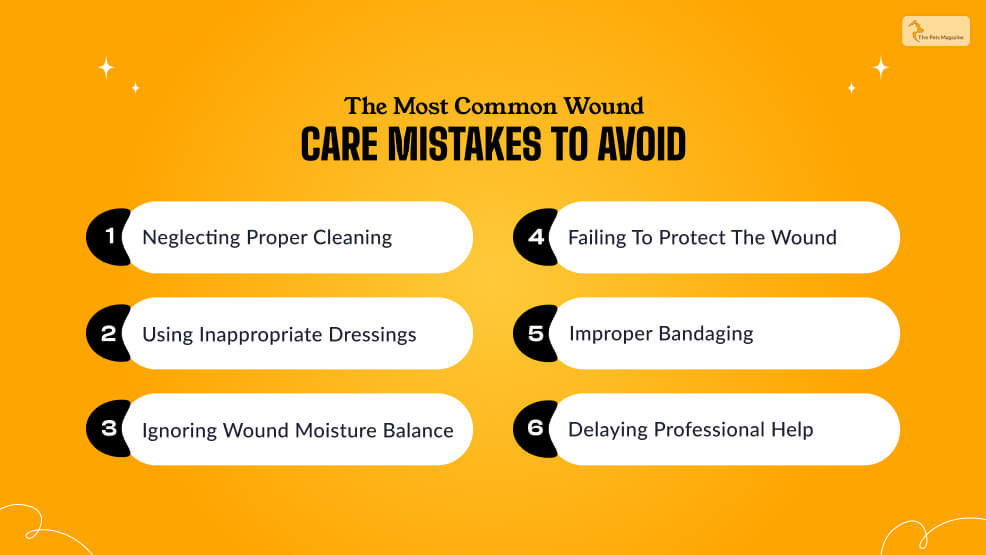
Avoiding common mistakes in wound care can significantly improve the healing process. Here are some critical mistakes to watch out for:
- Neglecting Proper Cleaning: Failing to clean the wound properly can lead to infections. Use a saline solution or mild antiseptic as recommended by your vet.
- Using Inappropriate Dressings: Selecting the wrong type of dressing can hinder healing. Ensure you use dressings that are suitable for the wound type and stage.
- Ignoring Wound Moisture Balance: Keeping the wound dry or moist can delay healing. Follow your vet’s advice on maintaining the proper moisture balance.
- Failing to Protect the Wound: Not using protective measures like an Elizabethan collar can lead to your dog licking or scratching the wound, causing further damage.
- Improper Bandaging: Incorrectly applying bandages can restrict blood flow or fail to protect the wound adequately. Make sure bandages are used correctly and changed regularly.
- Delaying Professional Help: Not seeking veterinary care for deep or infected wounds can lead to severe complications. Always consult your vet if you’re unsure about the wound’s conditions.
Avoiding these mistakes can help ensure your dog’s wound heals properly.
Wrapping Up!
Now that you understand what happens when and why your dog lick pus and what happens when they go through pain. Though minimal, dog saliva contains specific antibacterial properties; it is effective for more minor wounds.
So, if you think that this article was helpful for you in getting certain crucial information, give this article a like and comment below.
Frequently Asked Questions:
Check out the most frequently asked questions related to the concept of dog lick pus mentioned below!
Saliva carries plenty of antibacterial properties, but licking pus can harm these doggos so much more. Consult with your vets about recommending some products for your dog’s wound care and basic first-aid kit. T-shirts, surgical suits, bandages, and Elizabethan collars can offer some protection against licking.
A bacterium called Capnocytophaga canimorsus is transmitted through a dog’s saliva. Any infection can cause extreme sepsis accompanied by acral necrosis – this is potentially fatal for your dog. We even came across this 41-year-old man who was infected by getting licked by his dog.
A dog will sometimes lick her vulva to help keep it clean. Intermittent licking is rarely a problem unless you also notice a vaginal discharge or changes in the vulva’s appearance, her overall health has worsened, or the licking becomes more frequent or intense.






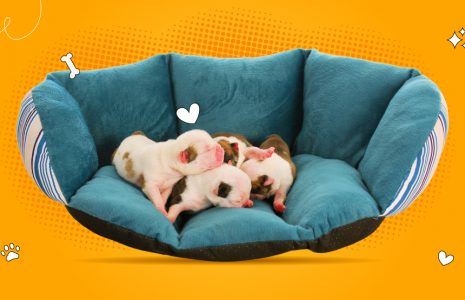
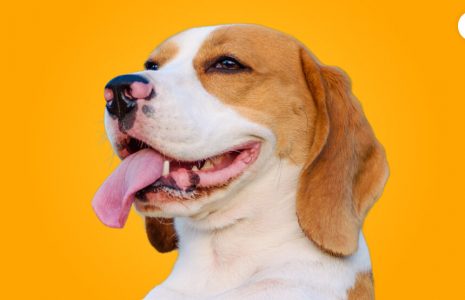
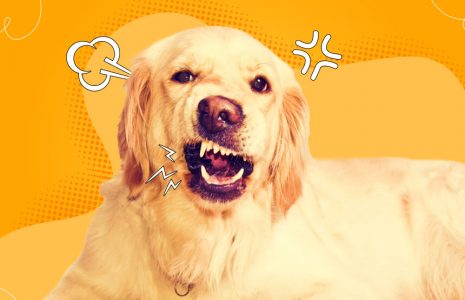
Leave A Comment